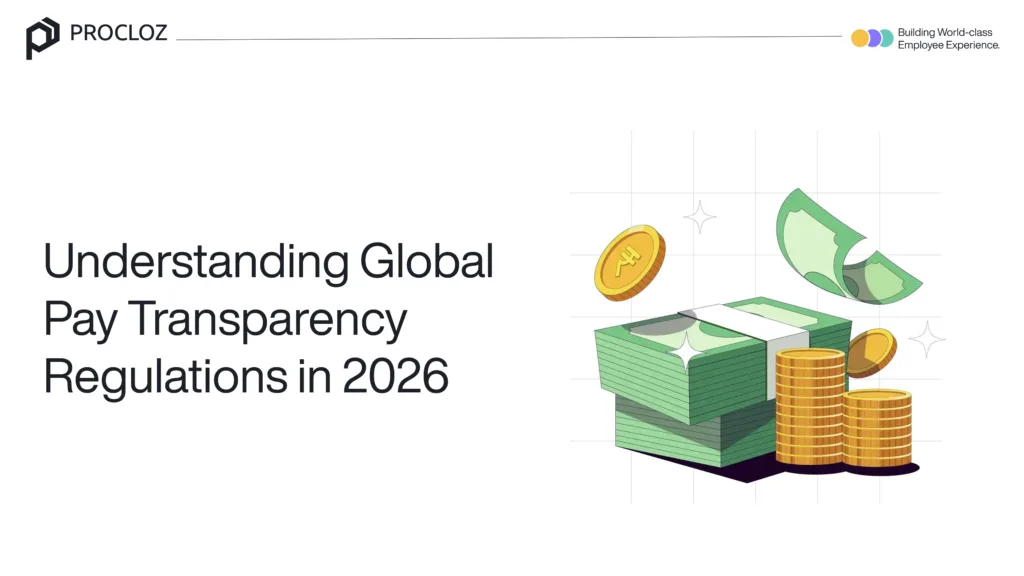Why Payroll Management Is Still Relevant in 2025
Payroll has always been one of the most critical functions of business. In 2025, US companies are faced with new challenges around remote work, shifting compliance regulations, and precision at scale. Whether you’re a small business doing payroll manually or a large company with staff members across state lines, payroll issues can directly impact trust, compliance, and productivity.
Recent studies indicate that more than half of US employers feel that their payroll management systems require an improvement. This indicates the increasing need for advanced payroll solutions, particularly online payroll services, outsourced payroll services, and global payroll services.
Common Challenges in Payroll Management
1. Payroll Inaccuracies and Errors
Regardless of upgraded equipment, human errors remain one of the greatest challenges regarding payroll management. Errors in calculations, missed deductions, and tax filing mistakes have the potential to quickly erode employee trust. Payroll errors have the tendency to cause delays for small businesses on a regular basis, and this directly affects employee morale and job satisfaction.
2. Compliance and Regulation
Compliance is a moving target. Agilely shifting payroll regulation, tax law, and state requirements require constant monitoring. Lack of compliance costs dearly in terms of fines and the potential for courtroom struggles. For companies with payroll planning across borders, regulations become more complex with jurisdictional variations.
3. Technology Integration
Most companies still struggle with stand-alone HR, benefits, and payroll systems. Data inaccuracies are compounded when not integrated, and teams spend more time matching information. Companies in 2025 expect payroll services solutions that can integrate in real time with HR and workforce management systems.
Best Practices to Improve Payroll Management
1. Implement Robust Payroll Software
Automation is the future of payroll solutions. Having payroll software capabilities that include tax calculation, compliance tracking, and integration with HR reduces errors and saves time. Those firms which have transitioned to automated payroll services enjoy faster processing speed and accuracy.
2. Consider Outsourced Payroll Services
For medium and small-sized companies, outsourcing payroll is normally the best option. Having a provider resolves internal teams’ time from being spent on administration to focusing on growth. The majority of US companies today utilize payroll outsourcing services or a professional employer organization (PEO) for multi-state payroll administration and compliance.
3. Run Regular Payroll Audits
Even with established processes, there is a need for quarterly payroll audits. Audits detect differences, improve data accuracy, and prevent compliance risk. Audits are not only corrective measures to find out where errors are occurring, but also to improve payroll procedures so that they are cost-effective and efficient.
4. Strengthen Workforce Management Connections
Payroll does not exist in isolation. Merge payroll with workforce management so that time tracking, employee files, and benefits pass between systems effortlessly. This improves precision and offers a less bumpy employee experience.
Frequently Asked Questions: Payroll Management Edition
1. What are the most common payroll problems for US businesses?
The biggest payroll challenges for 2025 are changing tax regulations, multi-system integrations problems, and laborious manual steps. Some organizations also have unseen costs when they try to maintain legacy payroll systems. These problems show how reliable payroll services can ensure sustainable success.
2. In what ways can automation improve payroll management?
Automation reduces human mistakes, speeds up payroll cycles, and ensures adherence to regulations. For example, US companies utilizing automated payroll solutions have enjoyed increased accuracy and efficiency by eliminating manual data entry. Integrated systems also simplify things by joining HR, payroll, and benefits into a single system.
3. Is payroll outsourcing the best option for small companies?
In fact, outsourcing payroll is a cost-effective way for small businesses to save time as well as keep mistakes at bay. Small enterprises go for services like Procloz provides since they have scalable payroll services solutions that offer great customer service. This allows the entrepreneurs to focus on expansion without concern for whether payroll is accurate and compliant.
The Bottom Line
Payroll management in 2025 is not merely about timely paychecks. It is about compliance, efficiency, and employee trust. From small firms to corporations expanding into new markets, payroll management has to be accurate and flexible.
By investing in up-to-date Payroll Services, utilizing automation, outsourced areas where appropriate, and conducting periodic audits, US companies are able to better navigate payroll difficulties and keep ahead of regulations.
At Procloz, our payroll solutions are designed to streamline processes, improve accuracy, and scale with your workforce. If your company is ready to simplify payroll and implement the payroll solutions of tomorrow, learn more about our payroll services today.




